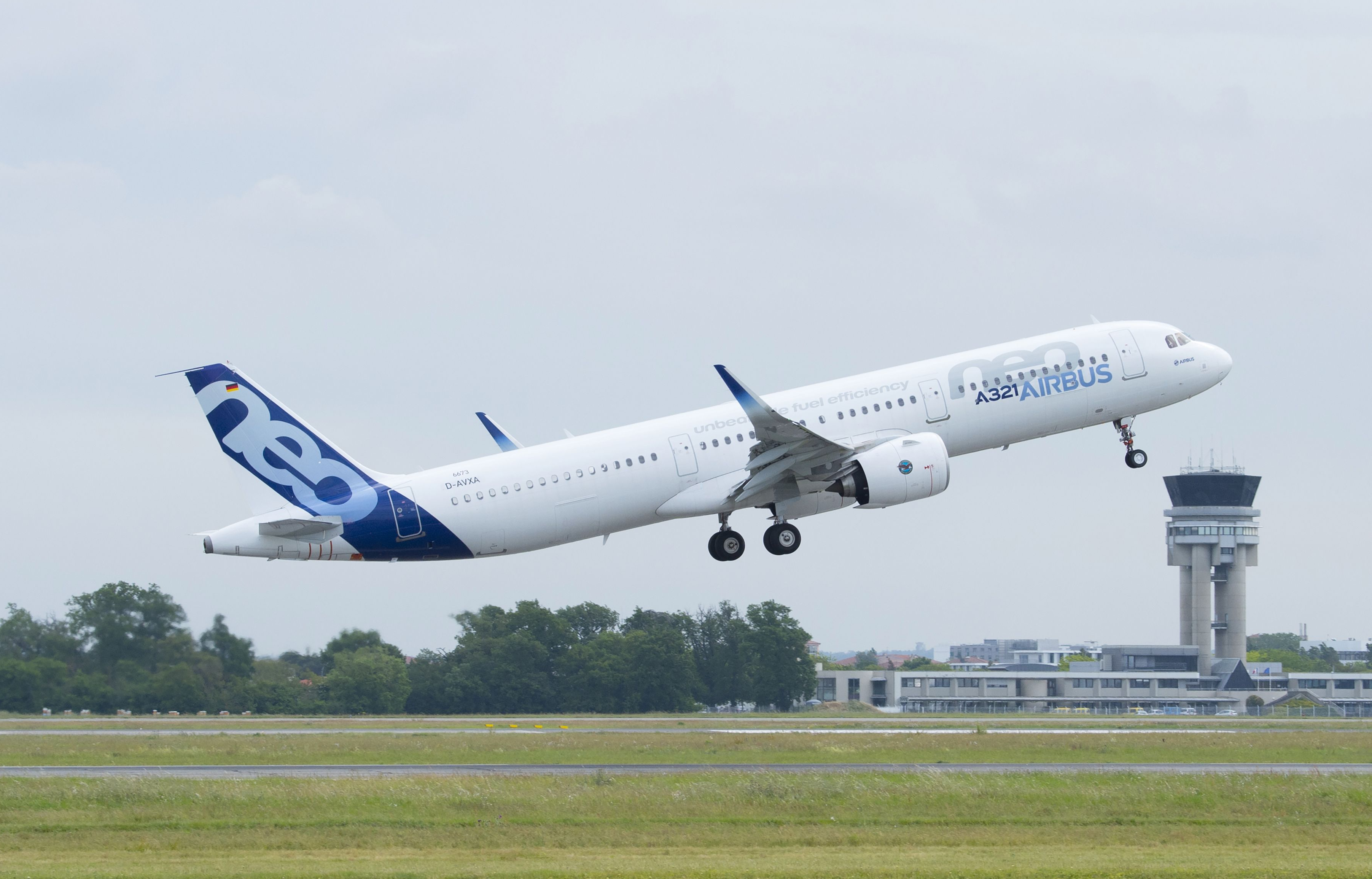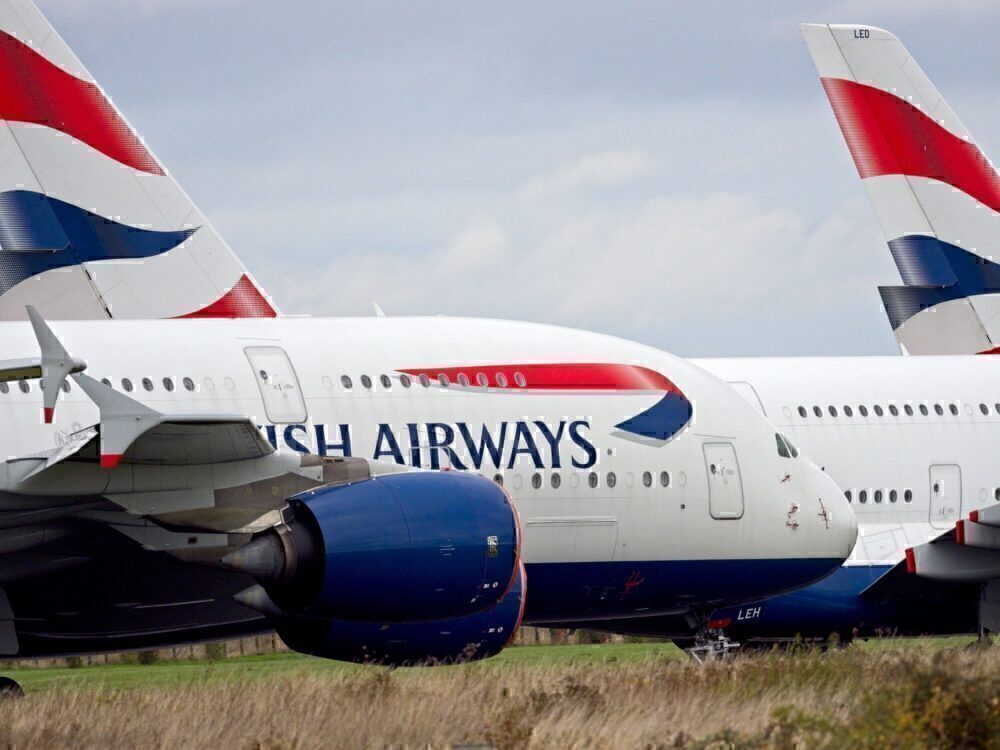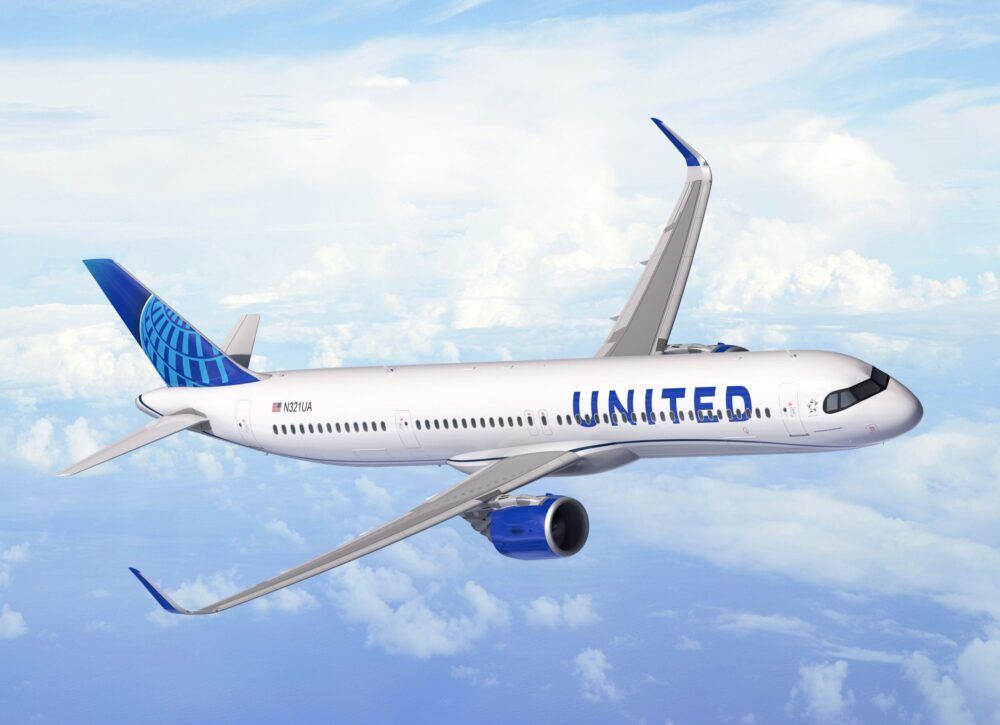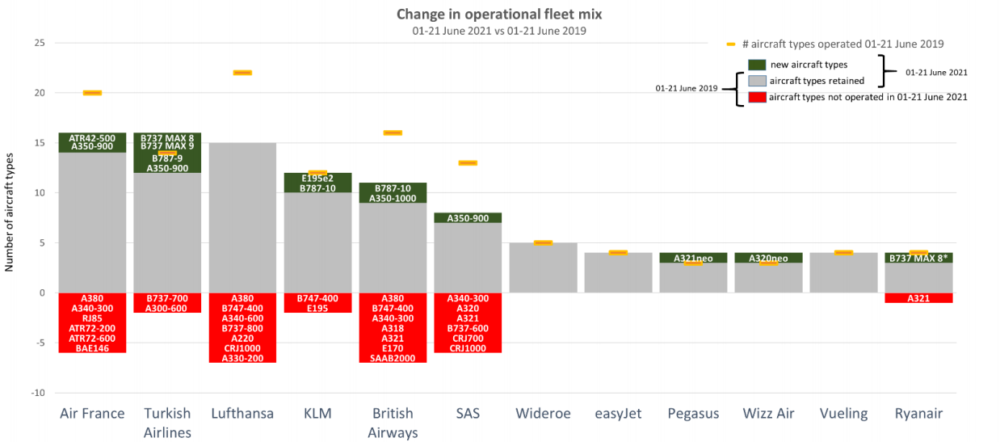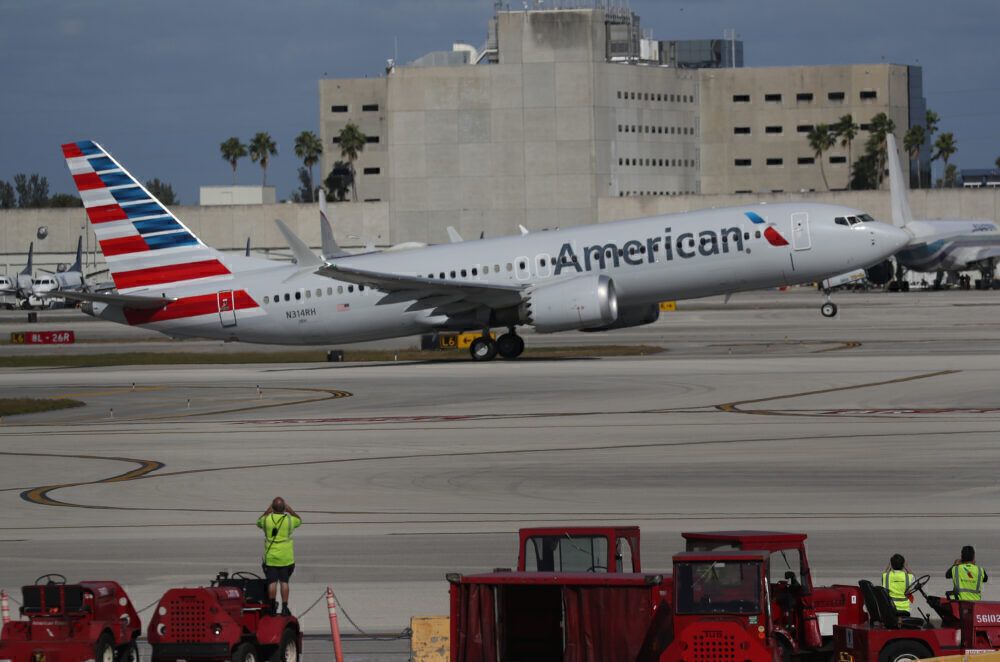With the COVID-19 pandemic forcing unprecedented changes across the aviation industry, airlines have become more attracted to fuel-efficient, newer-generation jets than ever before.
Airlines have been retiring fleets left, right and center over the past year and placing their faith in fuel-efficient aircraft. We look at how the pandemic is fueling the switch to efficient aircraft.
Four-engine planes on the way out
In the wake of strict travel restrictions and low travel demand, many carriers were stuck with large, fuel-guzzling aircraft like the Airbus A380 and Boeing 747. For all their virtues, these planes were simply too inefficient to operate without filling up most of the seats. Even before the idea of a global pandemic decimating the industry, airlines were gravitating towards efficient twin-engines.
Several European airlines have grounded the A380 indefinitely (perhaps permanently), including British Airways, Air France and Lufthansa. The 747 has also been a notable casualty of the pandemic, retired by KLM, Lufthansa and British Airways to name a few.
With efficient twin-engines able to serve routes at a significantly lower cost per seat, it's no surprise they are heavily favored by airlines. Efficient twinjets, like the A350 and B787, are more than capable of taking over from their four-engine predecessors. Air France, Turkish Airlines, British Airways, KLM and SAS have all added one or both types to their fleet by 2021.
Stay informed: Sign up for our daily and weekly aviation news digests.
Stop-and-start international travel
Quadjets are primarily utilized for long-haul flights, which all but dried up during the pandemic. According to data analytics firm Statista, the load factor for international flights was at a low of 27% by April 2020 and had risen to just 47% by December.
This is not to say four-engine giants have been entirely useless over the pandemic. Many carriers have offset dwindling passenger numbers by conducting cargo flights with their larger aircraft.
Fuel-efficient twinjets are much better suited to present-day market conditions, which favors short-to-medium-haul operations. Even if long-haul international travel goes back to normal, newer-generation twinjets (such as the upcoming A321XLR) will offer far more efficient operational costs on routes previously served by widebodies.
Shrinking operational fleet mix
The majority of larger airlines, especially network carriers, operate a broad mix of aircraft to cater to their diverse schedules. Interesting data from EUROCONTROL shows how fleet composition has changed significantly due to the pandemic.
Operational fleet mix has shrunk significantly at airlines known for their diverse fleet composition. Low-cost carriers, known for their more uniform fleet mix, are also consolidating their fleets with newer, fuel-efficient jets like the A321neo or 737 MAX.
Versatility in a volatile market
Giants like the A380 and B747 are well-suited for long-haul networks but become grossly inefficient outside of their domain. Many of the newer twinjets in operation today are valued for their versatility, not to mention their vastly improved fuel efficiency compared to older aircraft.
Versatile jets that can be redeployed on different routes at a moment's notice are even more imperative in today's volatile market. With so much doubt still surrounding the future of the industry, such flexibility can make all the difference.
How do you think the pandemic has changed fleet composition? Feel free to share your insights in the comments.

